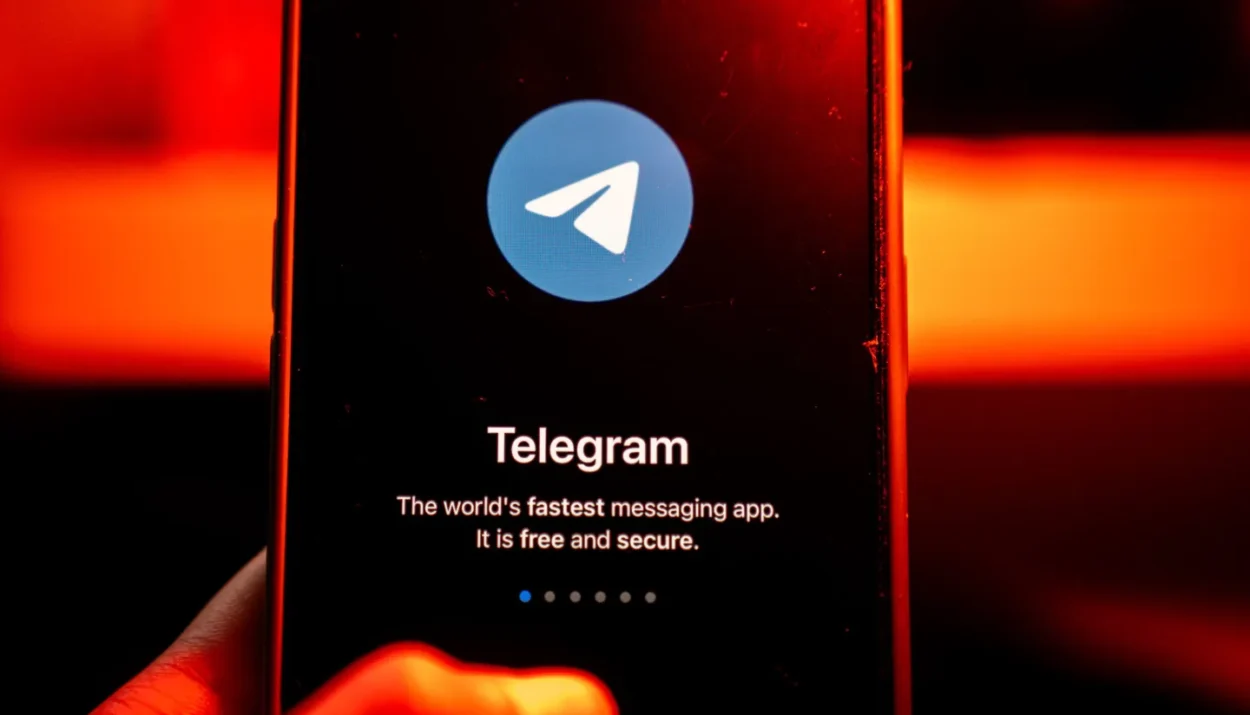With 550m users, the Telegram has been accused of providing a platform for organising riots in the UK
Telegram, co-founded by Pavel Durov, has emerged as the largest underground app globally, with over 550 million users. Initially launched as a response to increasing censorship in Russia, the messaging service quickly evolved into a hybrid social network, often courting controversy. From accusations of enabling extremism to a failed blockchain venture, its story is one of unrelenting commitment to free speech, often at the cost of moderation and censorship battles.

A Platform for Controversy and Free Speech
Under Durov’s leadership, Telegram has navigated a complex landscape, becoming a haven for those banned from other platforms and a tool for organizing various movements, including far-right activities in the UK. Despite the controversies, Durov has consistently defended the platform’s commitment to privacy and freedom, making it both a critical tool for communication and a flashpoint for global debates on censorship and regulation.

The Challenges of Moderation and Cryptocurrency Ventures
While the Platform’s free speech stance has garnered it a significant user base, it has also led to clashes with governments worldwide. The platform’s attempt to enter the cryptocurrency market in 2017 with its TON blockchain ended in disaster, leading to legal battles and financial penalties. Yet, it continues to push the boundaries of what’s possible in digital communication, maintaining its place as a powerful, if controversial, global platform.










